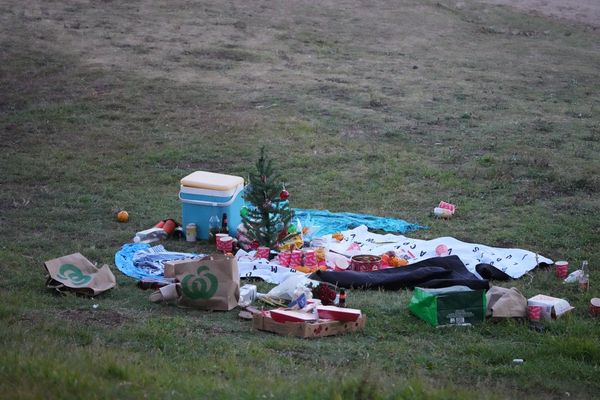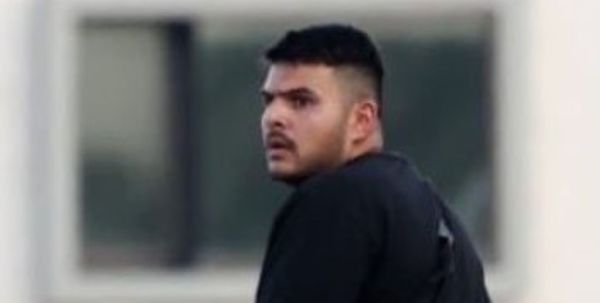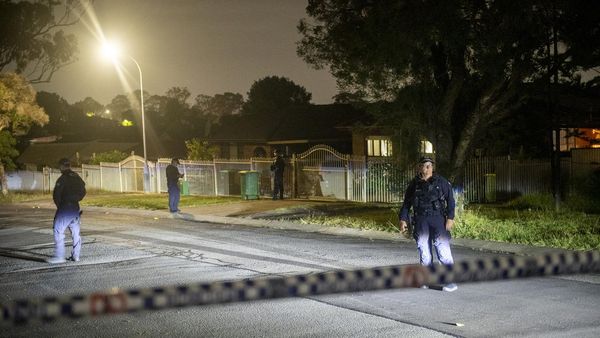
The US is moving to get weapons to Ukraine quickly under President Donald Trump’s plan for Europe to buy arms and is weighing selling Patriot air defence systems from its own stocks, Washington’s envoy to Nato has said. “We are all moving with haste to facilitate this and get this done, and, you know, I think things are actually moving very quickly,” the US ambassador to Nato, Matthew Whitaker, told journalists on Thursday. “But I can’t verify a date that this will all be completed.” Trump on Monday announced a deal with Nato chief Mark Rutte for European states in the alliance to buy US weaponry – particularly advanced Patriot systems – and give it to Kyiv, but questions have been raised over where the systems will come from and how soon they can get to Ukraine amid Russian bombardments.
Nato’s supreme commander in Europe said separately that preparations were under way to ship the first Patriot systems to Ukraine under the scheme. US general Alexus Grynkewich said there was an “ongoing conversation” about whether the US would sell Patriots already available in its own military stockpiles. The Swiss government, meanwhile, said delivery of US Patriot systems to Switzerland would be delayed as Washington reprioritised to provide more support to Ukraine. The moves came as Trump’s effort to take credit for the additional weapons headed to Ukraine at Europe’s expense created mild friction in EU-US relations, with the EU foreign policy chief, Kaja Kallas, saying: “If we pay for these weapons, it’s our support.”
Donald Trump’s decision to ramp up arms shipments to Ukraine is a signal to Kyiv to abandon peace efforts, Russia said, vowing it would not accept the “blackmail” of Washington’s new sanctions ultimatum. Trump on Monday set a 50-day deadline for Moscow to reach a ceasefire or face sanctions, while also promising more weaponry for Kyiv. Russia’s foreign ministry condemned the move, with spokesperson Maria Zakharova saying: “It is obvious that the Kyiv regime consistently perceives such decisions by the collective west as a signal to continue the slaughter and abandon the peace process.”
Russian troops have taken control of three villages in three different parts of the frontline running through Ukraine, the defence ministry claimed on Thursday. Official Ukrainian reports of activity along the 1,000km (600-mile) front disputed part of the Russian account, particularly concerning a key village in the south-east. The Russian defence ministry report named the three captured settlements as Kamianske in the south-eastern Zaporizhzhia region, Dehtiarne in north-eastern Kharkiv region and Popiv Yar in Donetsk region. The battlefield reports from either side could not be independently verified. Ukrainian military spokesperson Vladyslav Voloshyn told the liga.net media outlet that holding Kamianske, south-east of the region’s main town of Zaporizhzhia, was important to keep that city safe from attack.
Russian lawmakers have advanced a bill that would outlaw opening or searching for content online judged “extremist”, such as songs glorifying Ukraine and material by feminist rock band Pussy Riot. Critics say the law, which has drawn a rare backlash from across Russia’s political spectrum, would stifle internet freedom. The legislation threatens fines of up to 5,000 rubles ($64) on anyone found to have deliberately searched for or gained access to material listed as extremist by the justice ministry. More than 5,000 entries are on the list, including webpages, political slogans, books, artworks and music albums.
Slovakia will stop blocking the approval of the 18th package of European Union sanctions against Russia on Friday, the prime minister said. Robert Fico said on Thursday that Slovakia had achieved as much as it could at this point, after blocking the EU’s approval of the sanctions multiple times to demand guarantees against damages it fears from a separate EU plan to end all gas imports from Russia from 2028. EU countries’ ambassadors would meet on Friday morning to approve the new sanctions. The European Commission last month proposed the 18th package of sanctions against Russia for its 2022 invasion of Ukraine, aimed at Moscow’s energy revenue, banks and military industry.







